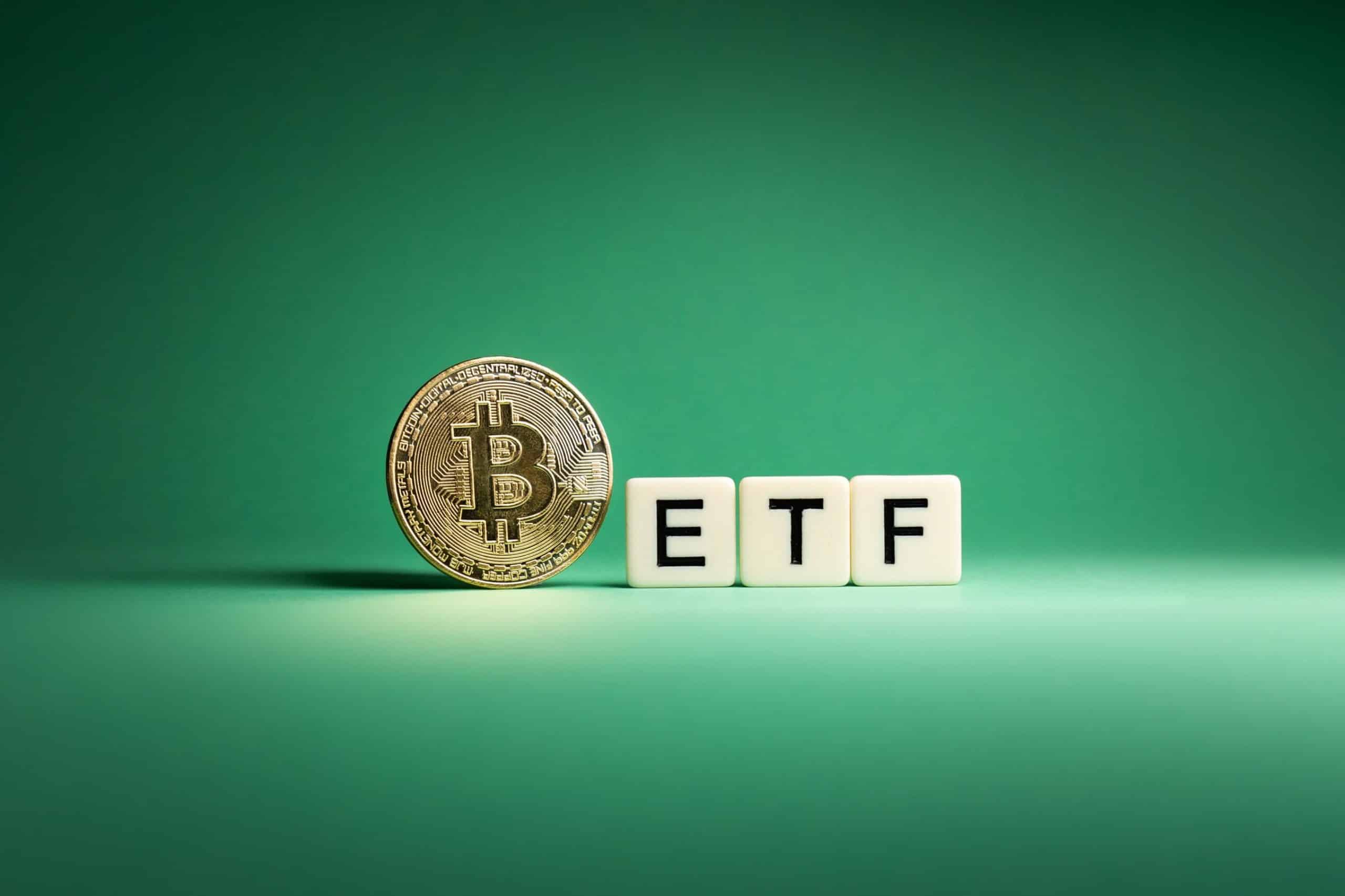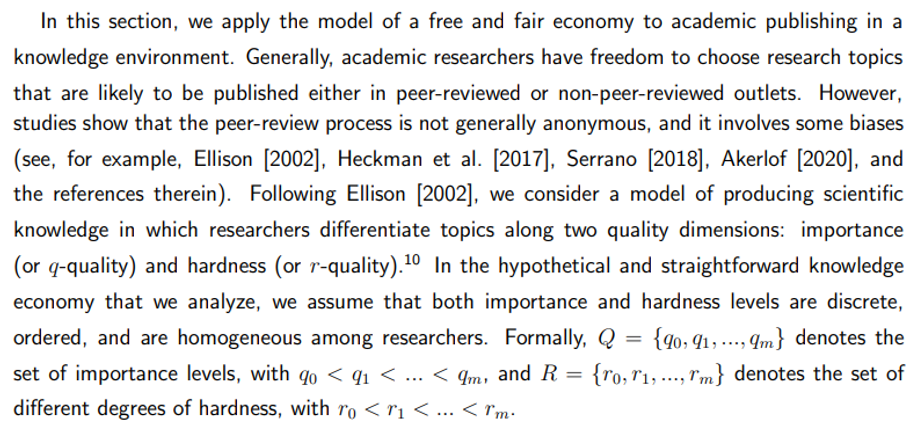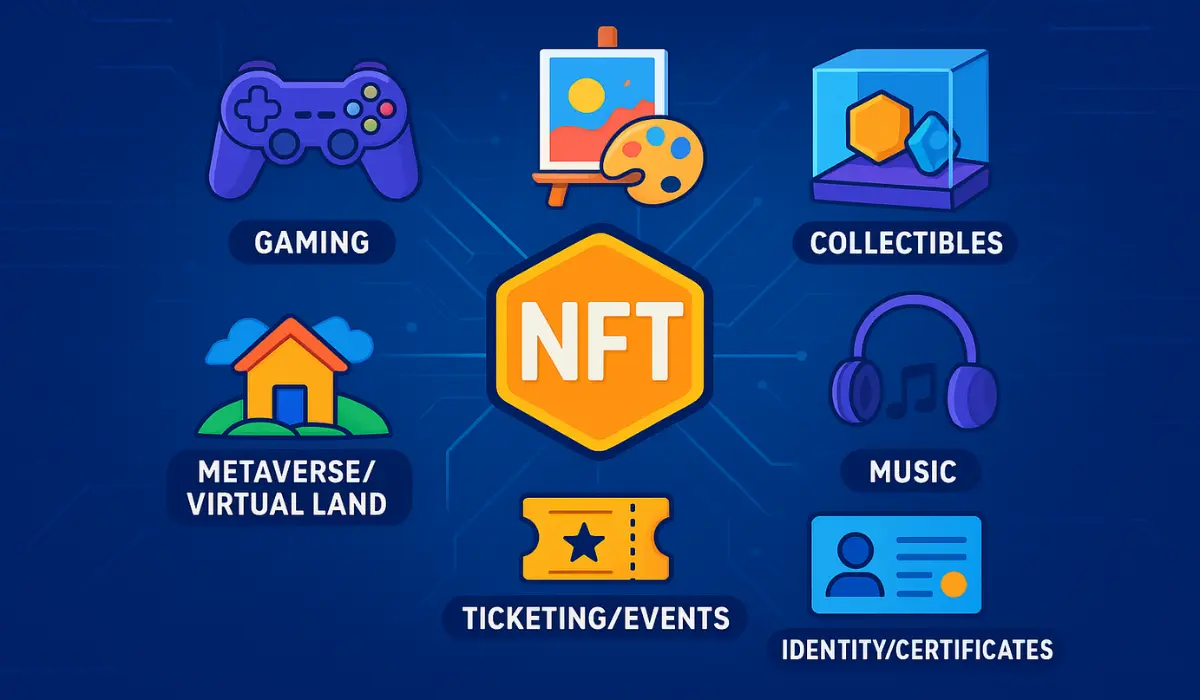AI-Powered Smart Contracts: The Future of Blockchain
AI-Powered Smart Contracts: The Future of Blockchain
Blockchain technology has revolutionized the way businesses and individuals execute digital transactions. Among its most groundbreaking innovations are smart contracts — self-executing digital agreements that automatically enforce the terms encoded within them. While traditional smart contracts have already transformed industries like finance and supply chain, the integration of artificial intelligence is pushing this technology into a new era. AI-Powered Smart Contracts are now redefining how agreements are executed, optimized, and secured, offering unprecedented efficiency, trust, and automation. This article delves into the evolution, applications, and future potential of AI-Powered Smart Contracts, highlighting how AI-driven smart contracts are reshaping blockchain ecosystems.
What Are AI-Powered Smart Contracts?
AI-Powered Smart Contracts are digital agreements that leverage artificial intelligence to enhance the capabilities of traditional smart contracts. Unlike conventional smart contracts, which follow pre-defined rules, AI-powered versions can analyze complex datasets, adapt to changing conditions, and execute decisions autonomously. This innovation introduces a layer of intelligence, enabling contracts to manage more dynamic, sophisticated, and context-aware interactions.
Key features include:
Autonomous contract execution based on real-time data
Integration with AI blockchain automation tools
Ability to create intelligent legal agreements that understand context
By combining AI and blockchain, these contracts offer higher efficiency, lower operational costs, and greater security.
How AI-Driven Smart Contracts Work?
At their core, AI-driven smart contracts operate on blockchain networks, ensuring immutability, transparency, and decentralization. The AI component analyzes historical and real-time data to make informed decisions, automate processes, and predict potential issues before they occur.
For example, in a supply chain scenario, AI can monitor shipment data and automatically release payments only when delivery conditions are met. This combination of blockchain’s trustless environment and AI’s decision-making capabilities enables self-executing digital contracts to operate seamlessly without human intervention.
Key Advantages of AI-Powered Smart Contracts
The integration of AI into smart contracts provides numerous benefits across industries:
1. Autonomous Contract Execution
Autonomous contract execution allows agreements to be carried out automatically when pre-defined conditions are met. This cuts out intermediaries and reduces potential human errors.
2. Smart Contract Optimization
Smart contract optimization is achieved through AI algorithms that continuously analyze performance, identify inefficiencies, and suggest improvements. This ensures contracts remain effective and adaptive to changing conditions.
3. AI-Driven Decentralized Finance (DeFi)
In AI-driven decentralized finance (DeFi) platforms, AI-powered contracts can manage lending, borrowing, and trading activities automatically. By predicting market trends and adjusting terms dynamically, these contracts maximize returns while minimizing risk.
4. Predictive Analytics in Smart Contracts
Using predictive analytics in smart contracts, AI can forecast potential breaches, defaults, or disputes. This foresight enables proactive measures, improving reliability and reducing operational disruptions.
5. AI Trustless Transactions
AI trustless transactions combine blockchain’s security with AI’s intelligence, allowing secure, verifiable, and automated transactions without the need for centralized authorities.
6. Automated Dispute Resolution with AI
Automated dispute resolution with AI enables contracts to assess conflicts, evaluate evidence, and propose resolutions autonomously. This reduces legal costs and accelerates conflict resolution.
7. Intelligent Legal Agreements
AI transforms standard agreements into intelligent legal agreements capable of interpreting complex terms and adapting clauses based on context, making them more versatile and reliable.
Applications Across Industries
1. Finance and Banking
In finance, AI-powered smart contracts streamline processes such as loans, insurance claims, and securities trading. They enable self-executing digital contracts that automate payments, risk assessments, and compliance checks. By leveraging predictive analytics, banks can anticipate defaults and adjust contract terms proactively.
2. Supply Chain Management
AI-driven contracts monitor supply chains in real time, ensuring transparency and accountability. Autonomous contract execution releases payments automatically when shipments are delivered and verified, reducing fraud and delays.
3. Legal and Compliance
Law firms and enterprises use intelligent legal agreements to automate contract drafting, review, and enforcement. Automated dispute resolution with AI accelerates litigation processes and reduces human workload.
4. Real Estate
Property transactions benefit from AI blockchain automation, enabling trustless transactions, automated escrow management, and predictive risk analysis for buyers and sellers.
5. Healthcare
In healthcare, AI-powered contracts facilitate patient data sharing, insurance claim processing, and service-level agreements. They ensure compliance while maintaining security and privacy.
AI Blockchain Integration: Enhancing Smart Contracts
Blockchain AI integration combines the immutability and decentralization of blockchain with the intelligence and adaptability of AI. This integration enables:
Real-time data analysis for contract execution
Continuous optimization and error detection
Adaptive contracts that learn and evolve over time
This synergy ensures that AI-powered smart contracts are not only secure but also smarter, more responsive, and capable of handling complex business scenarios.
Challenges and Considerations
While AI-powered smart contracts offer significant advantages, there are challenges to address:
Data Quality: AI algorithms require accurate and high-quality data for decision-making. Poor data can lead to incorrect execution.
Complexity: Integrating AI into smart contracts requires sophisticated programming and expertise in both blockchain and AI.
Regulatory Compliance: Legal frameworks for AI-driven contracts are still evolving, making compliance a critical consideration.
Security: While blockchain ensures immutability, AI components can be vulnerable if not properly secured.
Addressing these challenges is essential for the successful deployment of AI-powered smart contracts.
Future of AI-Powered Smart Contracts
The future of blockchain is inseparable from AI. Innovations in machine learning, natural language processing, and predictive analytics will make AI-powered smart contracts more intelligent, adaptive, and efficient. Future developments may include:
Fully autonomous AI-driven smart contracts capable of handling complex multi-party agreements
Integration with IoT devices for real-time, automated decision-making
Enhanced AI algorithms for smart contract optimization and risk mitigation
Broader adoption in industries like logistics, healthcare, finance, and legal services
As adoption grows, businesses that leverage these technologies will gain a competitive edge by reducing costs, increasing efficiency, and improving trust.
Conclusion
AI-powered smart contracts represent the next frontier of blockchain innovation. By combining the transparency and security of blockchain with the intelligence of AI, businesses can achieve autonomous contract execution, smart contract optimization, and AI-driven decentralized finance (DeFi). These contracts facilitate self-executing digital contracts, predictive analytics, AI trustless transactions, and automated dispute resolution with AI, transforming industries from finance to supply chain management.
The integration of AI and blockchain is no longer a futuristic concept — it is happening now, offering intelligent legal agreements, faster execution, and smarter, adaptive contracts. For businesses seeking efficiency, security, and innovation, AI-powered smart contracts are the ultimate solution to reshape the future of digital agreements.
AI-Powered Smart Contracts: The Future of Blockchain was originally published in Coinmonks on Medium, where people are continuing the conversation by highlighting and responding to this story.
También te puede interesar

Bitcoin ETFs Outpace Ethereum With $2.9B Weekly Surge

Academic Publishing and Fairness: A Game-Theoretic Model of Peer-Review Bias
